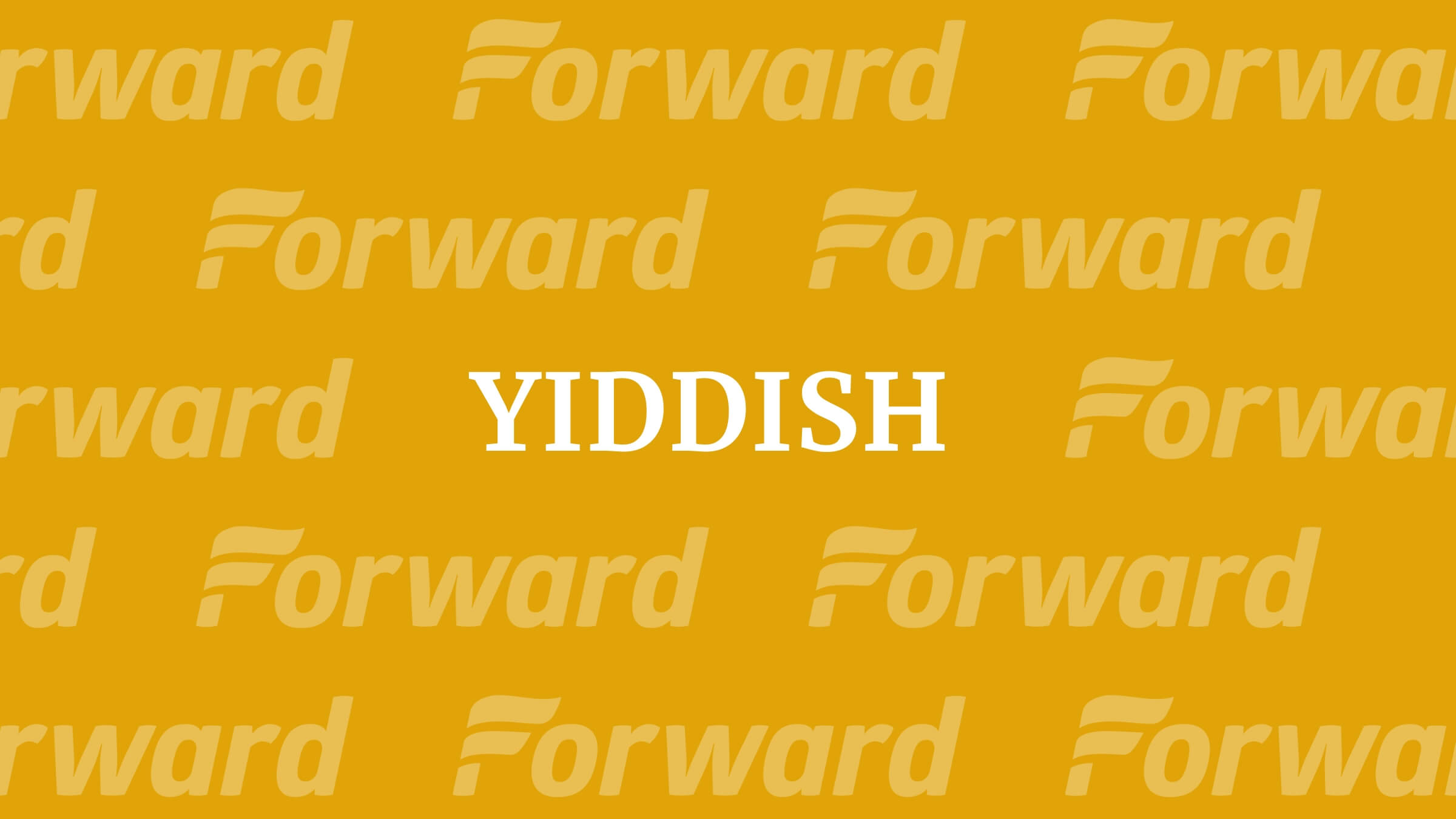‘Asch Wednesday’ to celebrate legacy of Yiddish writer Sholem Asch

Graphic by Angelie Zaslavsky
Read this article in Yiddish
James Joyce has “Bloomsday”. Robert Burns has “Burns Night”. Now Sholem Asch has his own literary celebration as well, “Asch Wednesday.”
The program, held this year for the third time to coincide with Ash Wednesday, is the brainchild of Yiddish Book Center bibliographer and Asch’s great-grandson, David Mazower. The first two “Asch Wednesdays” were held in Manhattan. The third iteration will be streamed online, allowing for the participation of actors and singers from the US, Argentina, Poland, Israel and Canada.
Alongside Mazower, Yiddish actor and director of the Congress for Jewish Culture, Shane Baker, will host the event together with Asch scholar and translator Caraid O’Brien. An excerpt from Israel’s Cameri Theater’s new adaptation of “God of Vengeance” will be screened alongside a scene of Asch’s play, “On the Road to Zion” (in Yiddish: the “Messianic Age”) in O’Brien’s English translation. The program will include a trivia contest, skits, songs and poetry. David Mazower will also share family stories, including a humorous incident that happened at a family bar mitzvah.
The program, which begins at 2:30 EST, will be streamed on Facebook.
Sholem Asch (1880-1957) was one of the major figures of Yiddish literature. In the 1930s and 1940s he was the most popular Yiddish writer and playwright in English translation. A longtime writer for the Forward, Asch was dismissed from his position due to controversy over his novels about the life of Jesus. It was not the first time the novelist and playwright courted controversy: his play “God of Vengeance,” about a romance between a Jewish brothel owner’s daughter and one of the prostitutes under his employment, was shut down by New York’s vice squad in 1923. The incident and the fallout surrounding it were the basis of Paula Vogel’s hit 2017 play, “Indecent”, whose popularity led to renewed interest in Asch’s life and work.

















